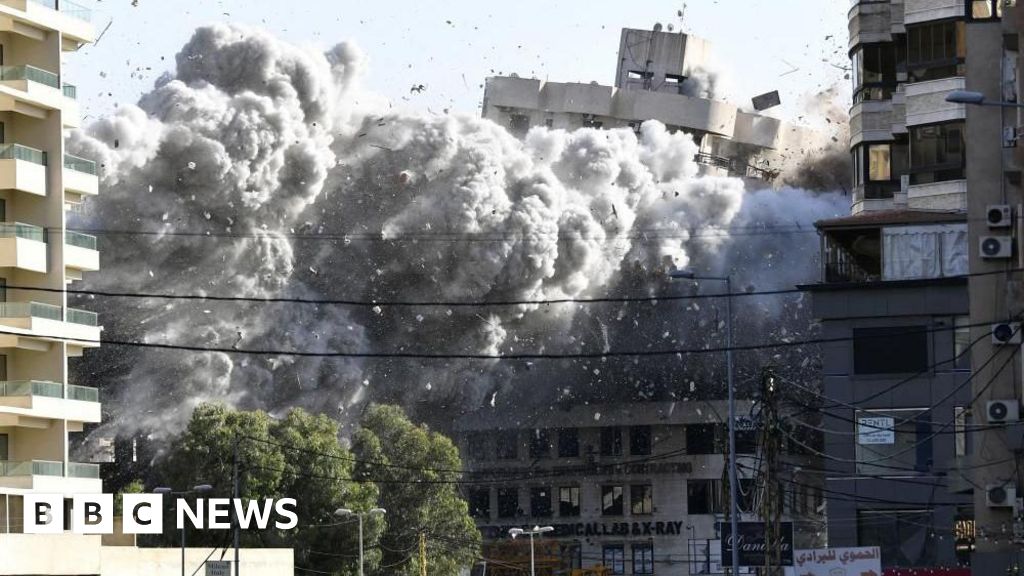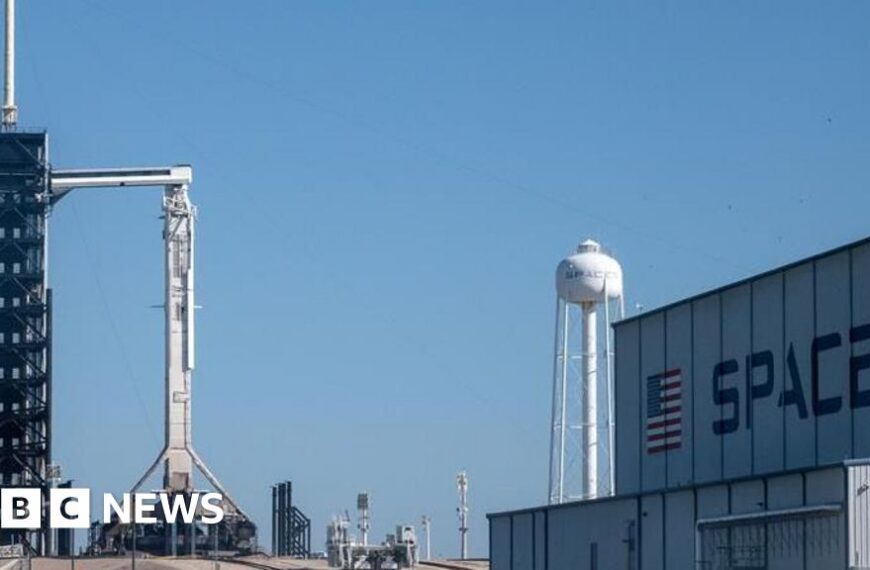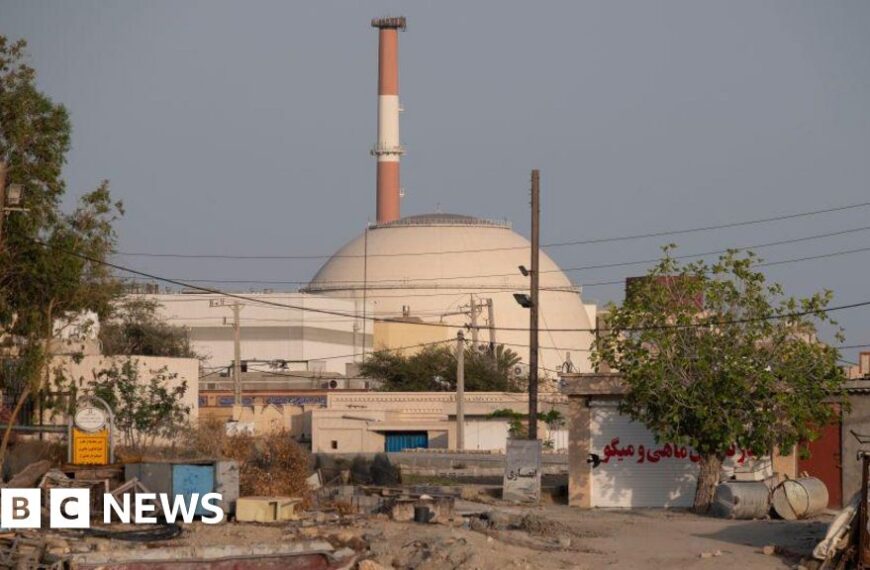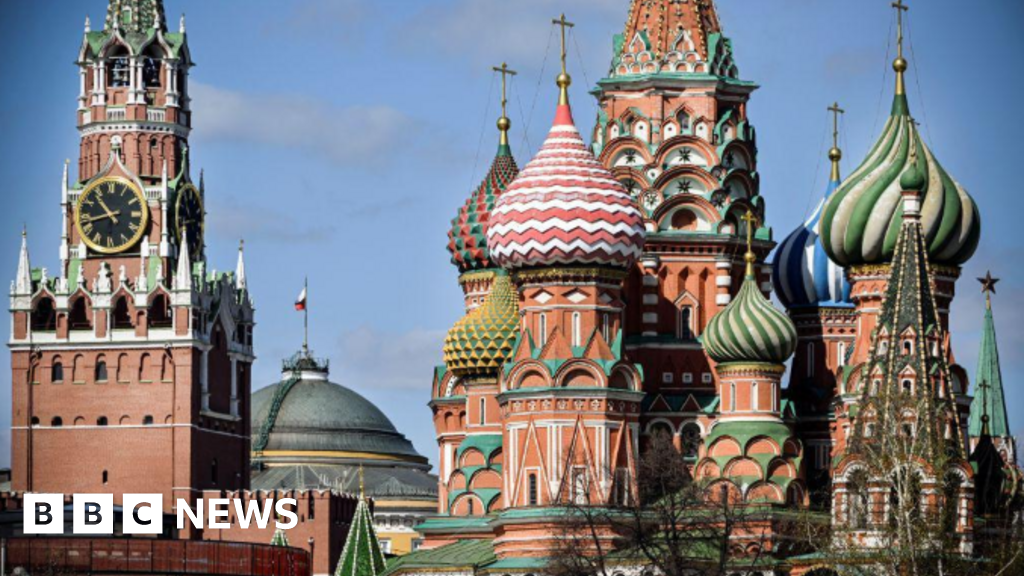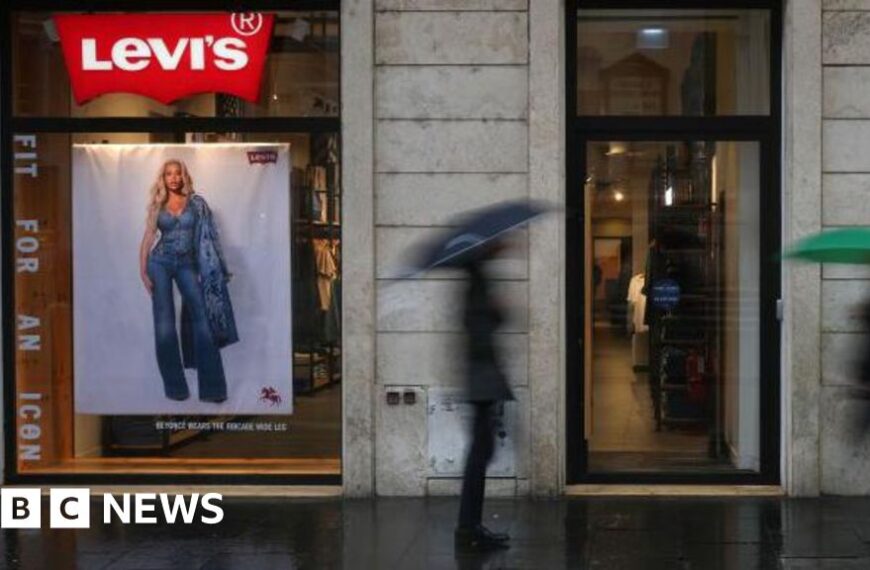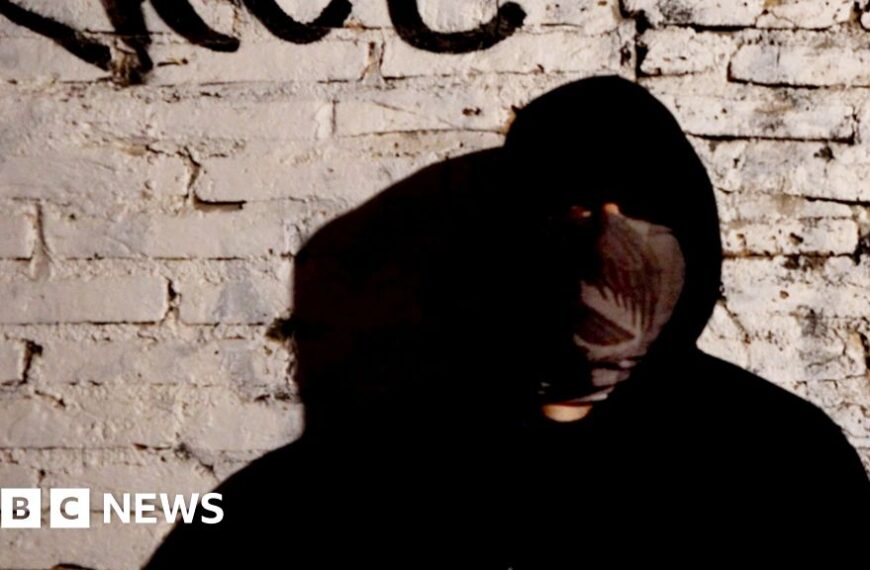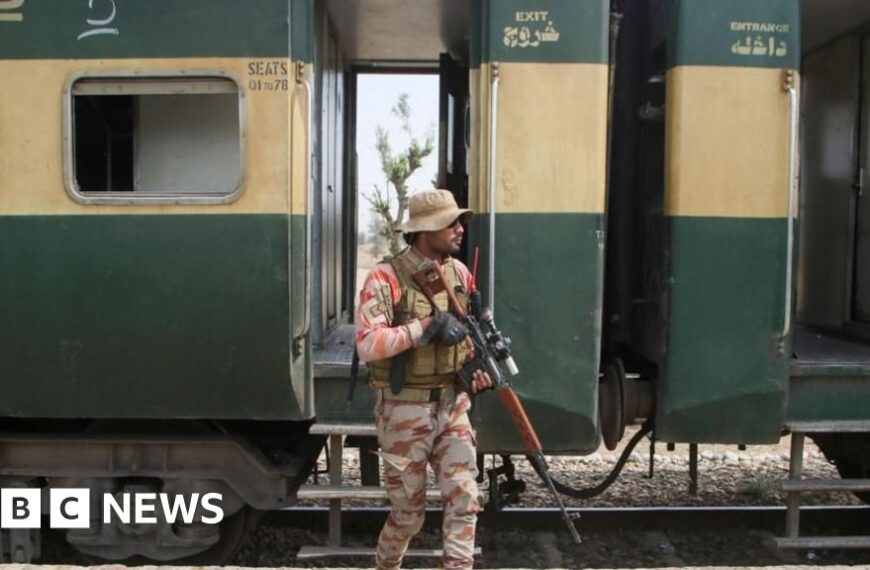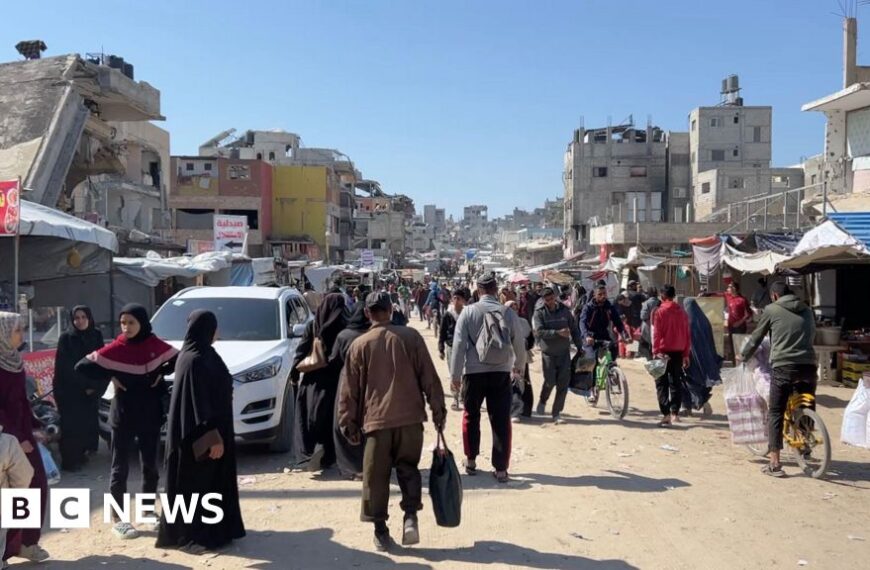The streets were dark and cars packed. People, who moved on foot, carried bags with their belongings, unsure about where they were going but certain that they could not stay.
This was the scene in Nuweiri, in central Beirut, moments after the Israeli military issued evacuation warnings, the first for these areas.
We were trying to visit the site of an Israeli air strike hours earlier, in the afternoon, that came without warning, flattened one building and killed at least seven people. But we could not get there.
Crowds were leaving, and men on motorbikes stopped us from moving, saying it was not safe.
Minutes later, we heard several explosions, from more attacks. And for hours, that was how the night unfolded in Beirut. Multiple blasts. Some in the distance; others closer.
Gunshots announced more warnings, urging people to seek safety. All of this, with the constant sound of an Israeli drone flying overhead.
This dramatic escalation came as the country waited for an Israeli decision on a ceasefire deal, the main hope to end over a year of conflict with Hezbollah, the powerful Iranian-backed movement.
During that wait, Israel unleashed its most intense bombardment of Beirut in the conflict.
Within two minutes, shortly after the attack on Nuweiri, fighter jets hit 20 targets in the city’s southern suburbs, known as Dahieh, where Hezbollah is based in the city.
The Israel Defense Forces (IDF) said the targets hit were facilities used by Hezbollah, and the wave of attacks was heard across the city.
Now, a ceasefire has been officially announced, but questions remain.
The war has been devastating for Lebanon, where more than 3,700 people have been killed since the start of the hostilities in October 2023, and one million residents have been displaced in areas where Hezbollah has strong presence.
The World Bank estimates $8.5bn (£6.8bn) in economic losses and damage. Recovery will take time, and no-one seems to know who will pay for it.
Under the deal, thousands of Lebanese soldiers will be deployed to the south, after the withdrawal of Israeli forces and Hezbollah fighters. How they will be deployed remains unclear.
The military has complained that they do not have the resources – money, manpower and equipment – to fulfil their obligations.
But it is not only about funding, which will probably come from some of Lebanon’s international allies. Will the Lebanese military confront Hezbollah if needed?
That would put Lebanese against Lebanese, which is always a risk in a country where sectarian divisions run deep.
Lebanese authorities seem to have accepted that things must change, a diplomat told me. It appears there is political will to do so.
Hezbollah, too, has been devastated. Many of its leaders have been killed, including long-time chief Hassan Nasrallah, while its infrastructure has been heavily damaged. How it will look like after the war is another unknown.
The group has been severely weakened, some would say humiliated, but it has not been destroyed. In Lebanon, it is more than a militia: it is a political party with representation in Parliament, and a social organisation, with significant support among Shia Muslims.
Its opponents will probably see it as an opportunity to limit its influence. Before the conflict, Hezbollah was often described as a state within a state in Lebanon.
And for months, people outside Hezbollah’s support base said the group had dragged the country into a war that was not in its interests.
This deal may bring the conflict with Israel to an end. But many in Lebanon fear a new internal conflict could follow.
